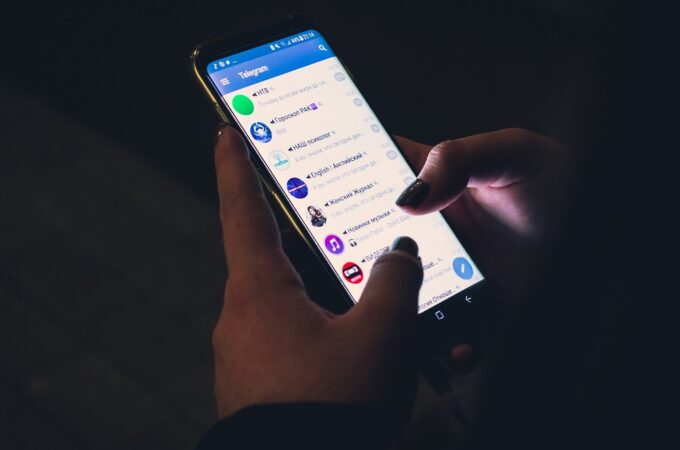
Top 10 Tips to Secure Your Android Device
At its core, Android is a pretty safe operating system. This is especially true for newer versions, which have additional features such as Play Protect and monthly security updates. There is also a myriad of privacy settings that provide better control over the usage and sharing of your personal data.
That said, the walls Google has built around its mobile OS are not impenetrable. Whether by unknowingly downloading malicious software or opening a spam email, or through physical theft, your data can still be compromised. Given the amount of personal information we keep on our phones today, it makes sense to ensure they’re as secure as possible.
Below are our top 10 tips for securing your Android device.
Lock Screen
Even if your handset is a few years old now, chances are that it has facial recognition or a fingerprint sensor. In any case, enabling the lock screen is a good idea. Pins and patterns are better than nothing, but more complex passwords with varying characters are your safest option. Avoid easy-to-guess combinations like names and birthdays.
App Permissions
For apps to work, they need to access certain features. Instagram requires your camera and microphone to take videos, for instance. That makes sense, but some apps tend to have more dubious demands. Just try downloading one of those pointless flashlight apps. Chances are that it’ll want to check out your contact list or know where you are.
Head to your settings and look for the permissions manager. There you can control which apps can access what – a major step forward in preventing your personal information from being sent to some shady characters or sold to advertisers. While you’re at it, you can turn off the sending of diagnostic data to further improve your privacy.
Two-Step Verification
Your Google Account can be secured with an additional layer of protection by enabling two-step verification. Simply head to your account settings and enable the aforementioned feature. In doing so, any attempt made to log into your account will have to be verified with a code sent to your Android device or phone number before being accepted.
VPN Service
One of the most effective measures you can take to secure your Android device from hackers is to use a Virtual Private Network (VPN). This tool comes in the form of an app that hides your online activity and location. You can also use it to appear somewhere else in the world, which allows you to access region-locked media.
Anonymania provides some useful VPN how tos and guides to help you learn more, as well as detailed reviews on the best VPN services that are currently available. They also have a handy password generator that you can use to create more secure passwords for your accounts.
Find My Device
As for protecting your Android from physical theft, the Find my Device feature is your best bet. This tool helps you keep track of your device in the event that it’s lost or stolen. You can lock the screen or erase your device completely. Find My Device also allows you to play a sound on your phone, which can be handy when you’re looking for it.
Antivirus
While not absolutely necessary, an antivirus app can serve as an extra layer of defense for your Android device. Some have useful features like password protection and built-in firewalls. Their main purpose is to identify and eliminate malware, but they can also prevent spam and destroy sensitive data.
Updates
Keeping your device up-to-date is key to protecting it from the latest threats. Plus, you get a bunch of cool features and performance improvements. Enabling automatic updates will help you stay ahead of the curve.
Public Wi-Fi
According to a recent report by Kaspersky, around 25% of public Wi-Fi networks feature no security whatsoever. This makes them prime real estate for malicious activity and something you’re better off avoiding. Using your mobile data might cost more, but it far outweighs the potential losses that come with connecting to a malware-infected hotspot.
Google Play Apps
Some of the worst viruses come from apps downloaded in your browser or another source outside of the Play Store. For an app to be listed on said store, it needs to pass several rules and regulations that are designed to eliminate spyware and malware, which is why it’s a better idea to stick to the Play Store for your app downloads.
Oversharing
Finally, be vigilant about the information you post online. Don’t let people know about your travel plans, for instance, and avoid sharing passwords or credentials with other people.
Taking the above measures will make a world of a difference when it comes to the security of your Android device. It might take some time to get everything in order, but the peace of mind you get is worth the effort.
Photo by Christian Wiediger
Recommended
-
5 Skin Care Trends: What Profe...April 10th, 2024
-
The Power Of Saying “No” W...March 22nd, 2024
-
Is It Time To Change Your Rela...March 20th, 2024
-
Resilience & Transformati...February 20th, 2024
-
Letting Go Of Trying Harder To...January 23rd, 2024















